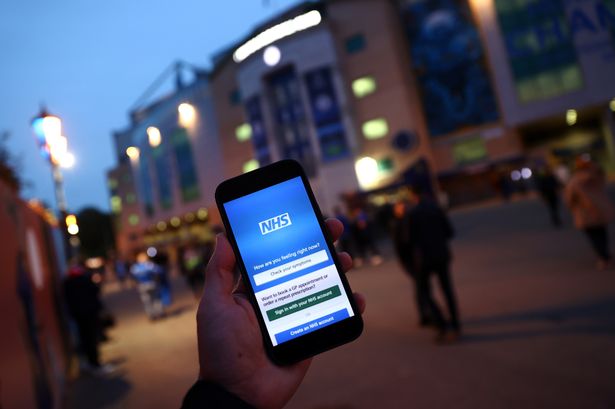The National Health Service (NHS) in England is poised for a significant restructuring, designed to streamline patient access to care and empower general practitioners (GPs, also known as family doctors). Central to these reforms is the granting of increased authority to GPs, enabling them to bypass the traditional referral process to specialists (consultants) for certain treatments and investigations. This direct referral pathway will empower GPs to expedite patient access to necessary care, reducing waiting times and improving overall patient experience. Simultaneously, the NHS app, a digital portal connecting patients to various healthcare services, will undergo a substantial upgrade, enhancing its functionality and accessibility. Together, these initiatives represent a concerted effort to modernize the NHS, making it more efficient, patient-centered, and responsive to the evolving healthcare needs of the population.
The traditional model of healthcare delivery within the NHS has often involved a multi-layered referral pathway. Patients typically present their concerns to their GP, who, after an initial assessment, may refer them to a specialist for further diagnosis and treatment. This process, while ensuring specialized expertise is engaged, can create bottlenecks and contribute to prolonged waiting times, especially for non-urgent but necessary procedures. The new reforms aim to address this issue by empowering GPs to directly refer patients for specific treatments and investigations, bypassing the consultant intermediary step. This streamlined approach will expedite access to care for a range of conditions and procedures, reducing wait times and improving patient outcomes. The scope of these direct referrals will likely be determined by evidence-based guidelines and protocols, ensuring safe and effective practice while minimizing risks.
The empowerment of GPs represents a significant shift in the dynamics of healthcare delivery within the NHS. By granting them greater autonomy in managing patient pathways, the reforms recognize the crucial role of primary care in providing timely and appropriate care. This shift not only improves efficiency but also strengthens the patient-GP relationship, allowing for more holistic and continuous care. GPs, with their in-depth understanding of their patients’ medical histories and personal circumstances, are positioned to make informed decisions about the most suitable course of action, tailoring referrals to individual needs and preferences. This personalized approach is expected to enhance patient satisfaction and improve the overall quality of care.
Complementing the direct referral initiative is the planned upgrade of the NHS app. This digital platform serves as a vital link between patients and the NHS, providing access to a range of services, including appointment booking, prescription ordering, and access to medical records. The enhanced NHS app envisions a more comprehensive and user-friendly interface, offering seamless integration with various healthcare services. This improved functionality will empower patients to take a more active role in managing their health, accessing information, and communicating with healthcare professionals more effectively. The upgraded app is expected to contribute to a more digitized and connected healthcare ecosystem, facilitating greater efficiency and patient engagement.
The proposed reforms, while promising, will likely require careful implementation and ongoing evaluation to ensure their effectiveness and address potential challenges. Clear guidelines and protocols will be essential to ensure the safe and appropriate use of direct referrals by GPs. Training and support for GPs will be crucial to equip them with the necessary knowledge and skills to navigate the new system effectively. Similarly, the successful implementation of the upgraded NHS app will necessitate robust technological infrastructure and user-friendly design to ensure widespread adoption and accessibility across diverse patient populations. Continuous monitoring and feedback mechanisms will be essential to identify areas for improvement and ensure the reforms achieve their intended objectives.
The long-term implications of these reforms extend beyond immediate improvements in efficiency and patient access. By empowering GPs and leveraging digital technology, the NHS aims to create a more sustainable and resilient healthcare system. The enhanced role of primary care in managing patient pathways is expected to reduce pressure on specialist services, allowing consultants to focus on more complex cases and contribute to research and innovation. The increased use of digital tools and platforms has the potential to transform patient engagement, fostering greater health literacy and empowering individuals to take ownership of their health. These reforms represent a significant step towards a more integrated, patient-centered, and technologically advanced NHS, capable of meeting the evolving healthcare needs of the population in the 21st century. By embracing these changes, the NHS is striving to create a more accessible, efficient, and responsive healthcare system that delivers better outcomes for all.














